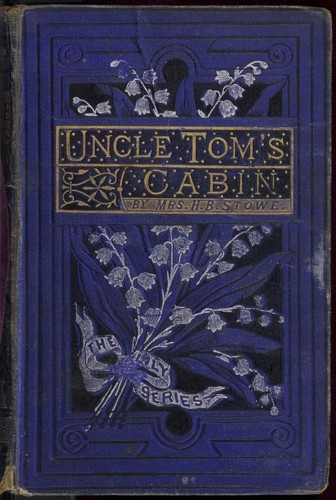Future Forms
[A2] Future Forms in English covers how to express future meaning with will, going to, present continuous, and other constructions. Learn when to use each form and common mistakes.
Future overview
English talks about the future using several different forms, and the choice depends on meaning, evidence, planning, and how near or certain the future feels. The most common future forms are will, be going to, the present continuous, the present simple, and future continuous. This module explains when to choose each form so you can express predictions, plans, schedules, and ongoing future actions clearly.
Which form do we use for timetables and fixed schedules?
Will basics
Use will to express a neutral future statement, especially when the decision is made at the moment of speaking or when you are not emphasizing a plan. Will is common for predictions that are not based on visible evidence right now and for formal or general statements about the future. Will also appears naturally in quick responses and short replies.
Rule | Example |
|---|---|
Will functions
Will is also used to show willingness, offers, promises, and requests. These uses focus less on time and more on attitude or intention. In these meanings, will often sounds more natural than be going to.
Rule | Example |
|---|---|
Which sentence is a polite request using will?
Going to plans
Use be going to for intentions and plans that already exist before the moment of speaking. It highlights preparation or prior decision, even if the details are not fully arranged. This form is very common in conversation because it clearly signals intention.
Rule | Example |
|---|---|
Which sentence shows a prior plan or intention?
Going to evidence
Use be going to for predictions based on present evidence you can see, hear, or clearly feel now. The idea is that the current situation makes the future outcome likely. This contrasts with will, which often sounds more like a guess or opinion.
Rule | Example |
|---|---|
Which sentence shows a prediction based on present evidence?
Present continuous
Use the present continuous to talk about future arrangements, especially when they are fixed or organized. It suggests that plans are set and often include time, place, or other details. This form is especially natural for social plans, appointments, and travel.
Rule | Example |
|---|---|
Which sentence uses the present continuous for a fixed arrangement?
Present simple
Use the present simple to describe future events that are part of a timetable, schedule, or official program. This form is common for transport, classes, work hours, and published events. The focus is not personal intention but a fixed schedule.
Rule | Example |
|---|---|
Which sentence uses the present simple for a timetable?
Future continuous
Use the future continuous, will be plus verb ing, to describe an action that will be in progress at a specific time in the future. It is useful for setting a scene, describing a temporary future activity, or asking politely about someone’s plans without sounding demanding. It often suggests that the action is expected as part of a normal progression.
Rule | Example |
|---|---|
Which sentence describes an action that will be in progress at a specific future time?
Future perfect
Use the future perfect, will have plus past participle, to talk about something that will be finished before a specific future time. It emphasizes completion by a deadline and is common with by and before. This form helps you express targets, deadlines, and expected progress.
Rule | Example |
|---|---|
Which sentence shows completion before a specific future time?
Choosing the form
To choose a future form, decide whether you are expressing a schedule, an arrangement, a plan, an on-the-spot decision, a prediction, or an action in progress. Present simple is for timetables, present continuous for arranged plans, be going to for intentions and evidence-based predictions, and will for neutral predictions and quick decisions. Future continuous and future perfect add extra meaning about progress or completion at a future time.
Rule | Example |
|---|---|
Which form do you choose for a public timetable or schedule?



















